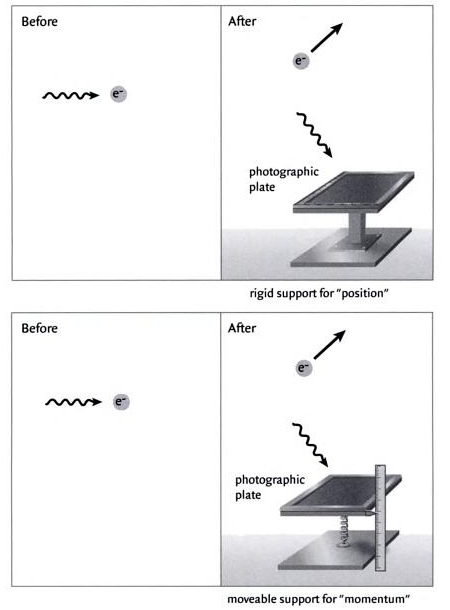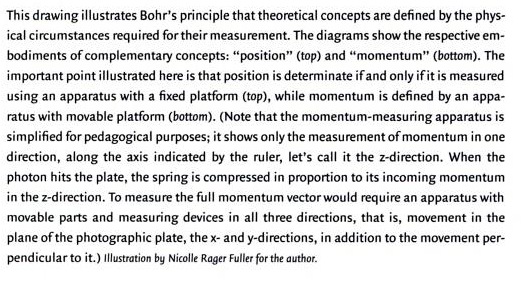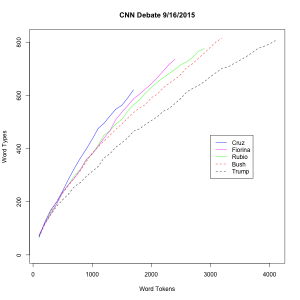Volkswagen’s Diesel Fraud Makes Critic of Secret Code a Prophet
The code in automobiles is tightly protected under the Digital Millennium Copyright Act. Last year, several groups sought to have the code made available for “good-faith testing, identifying, disclosing and fixing of malfunctions, security flaws or vulnerabilities,” as Alex Davies reported last week in Wired.
A group of automobile manufacturers said that opening the code to scrutiny could create “serious threats to safety and security.” And two months ago, the E.P.A. said it, too, opposed such a move because people might try to reprogram their cars to beat emission rules.




